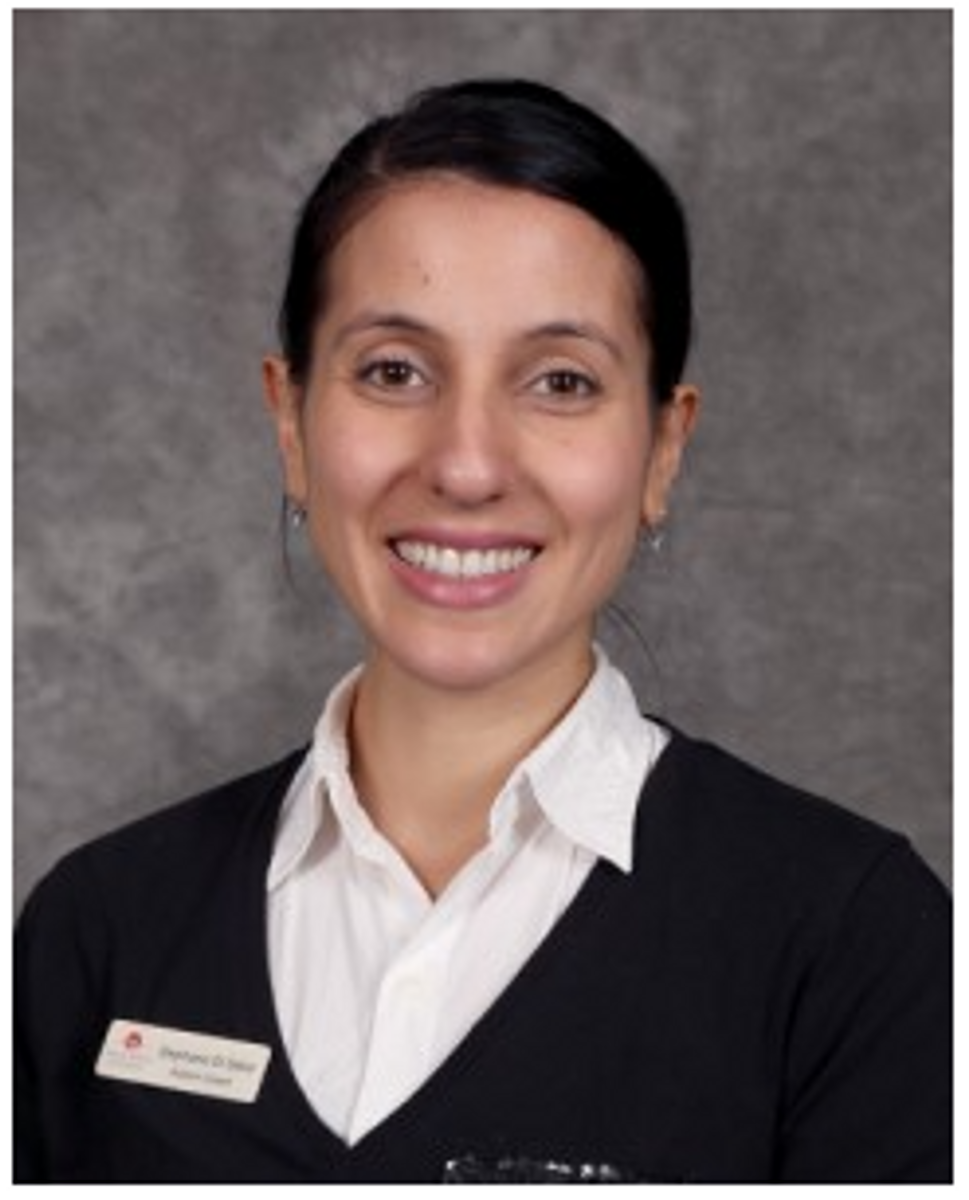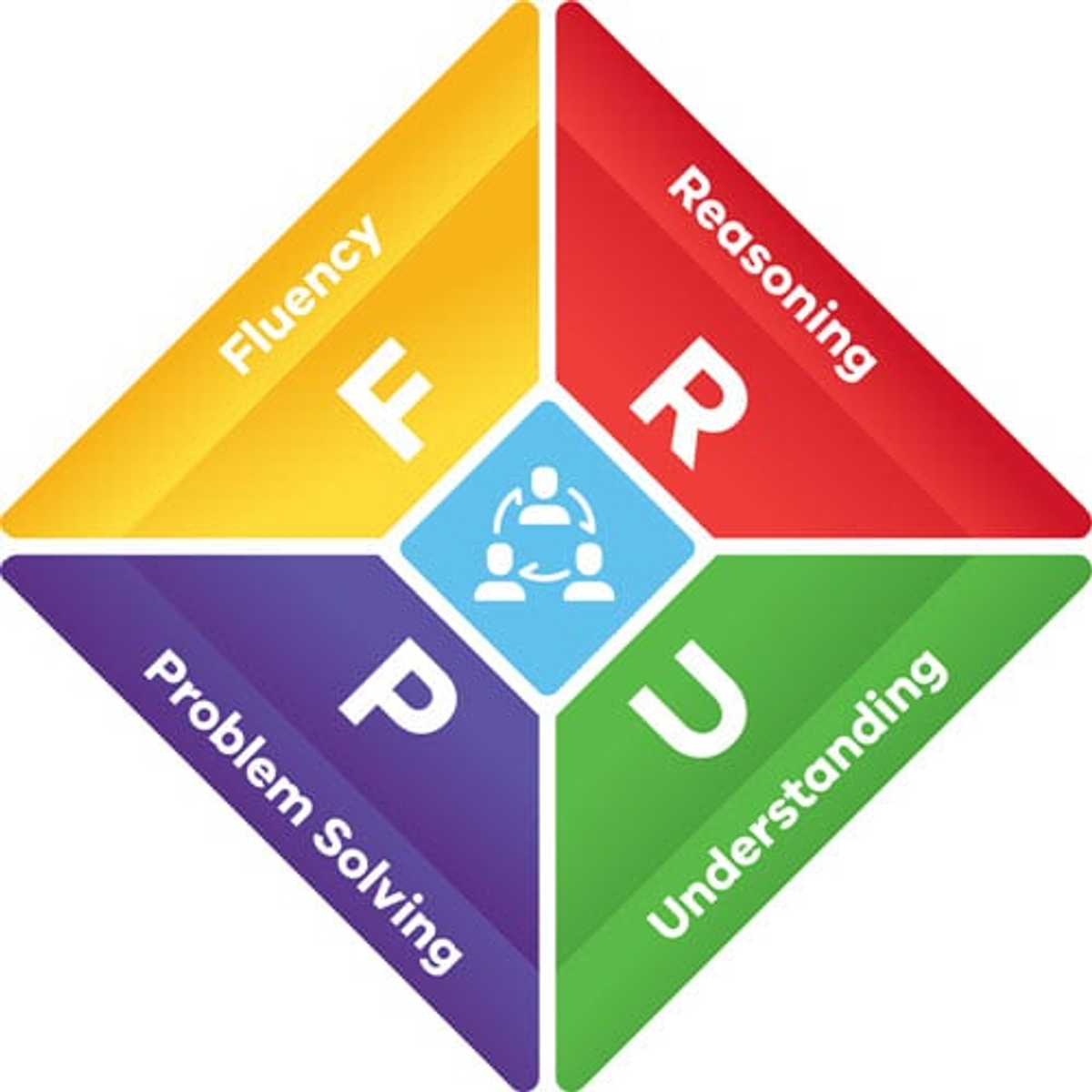Excellence in Teaching and Learning

Stephanie Di Salvo
Assistant Principal
Parents/Carers Role during Remote and Flexible Learning
As we continue Remote and Flexible Learning this term, please ensure that you maintain regular communication with the school. This can include:
- regularly checking Seesaw and/or email for announcements and feedback from your child's classroom teacher
- regular checking email, school newsletter and school social media platforms for whole-school announcements and updates
When you support your child to learn from home, remember that the school does not expect you to be a subject matter expert or teacher. The most important thing you can do is to continue to provide comfort, support and encouragement to your child.
You can help your child to learn from home by working with their school and supporting your child as they undertake the activities provided.
School Improvement Team Update
Semester 2’s Professional Learning Communities, focus is to support our teachers to build capacity and confidence to assess and teach Mathematics curriculum content.
Within the context of supporting student, voice, agency and leadership, teachers are exploring the reciprocal relationship between learning in mathematics and numeracy and how language can be taught to build numeracy connections.
This term, School Improvement Team (SIT) Members are unpacking the four Numeracy proficiencies– understanding, fluency, problem-solving and reasoning and relationship to the Numeracy Focus Areas. The six focus areas are:
- Developing number sense (Quantifying numbers, using additive and multiplicative strategies)
- Exploring patterns and relationships (Using number patterns and thinking algebraically)
- Using proportional reasoning (Operating and interpreting decimals, fractions, percentages, ratios and rates)
- Understanding and using geometric properties and spatial reasoning
- Understanding and using measurement
- Exploring chance and data
Within each Numeracy Focus, we are working towards identifying:
- The mathematical concepts, knowledge and skills that underpin the component
- Examples and everyday contexts where the numeracy focus may be used or identified
- Language that may be used to make the numeracy focus explicit
Hume/Moreland Network Communities of Practice
Corinne, Dan and I have the privilege to connect with our specialist schools including; Hume Valley School, Glenroy Specialist, Coburg SDS, Broadmeadows SDS and Sunbury Macedon Ranges Specialist School each term, as part of our involvement in the Hume/Moreland Network Communities of Practice (CoP). We use this meeting time to share our expertise, learn together and deepen collective efficacy for system-wide improvement.
This year our CoP goal is toempower and equip our Professional Learning Communities (PLC) instructional leaders to facilitate effective professional learning communities to develop teachers’ capacity to analyse and interpret assessment data to inform and direct teaching practice.
This term, our PLC Instructional Leaders; Miranda Ingram, Cynthia Kearney and Katelyn Leddy will engage in professional learning facilitated by Anita Calore ( NWV - Hume Moreland - Area Directorate and Education Improvement Branch) and will complete peer observations across schools either in person or via video.
We aim to share and receive expertise from other specialist schools regarding how we can build common processes from an individual school and specialist school cohort perspective.



